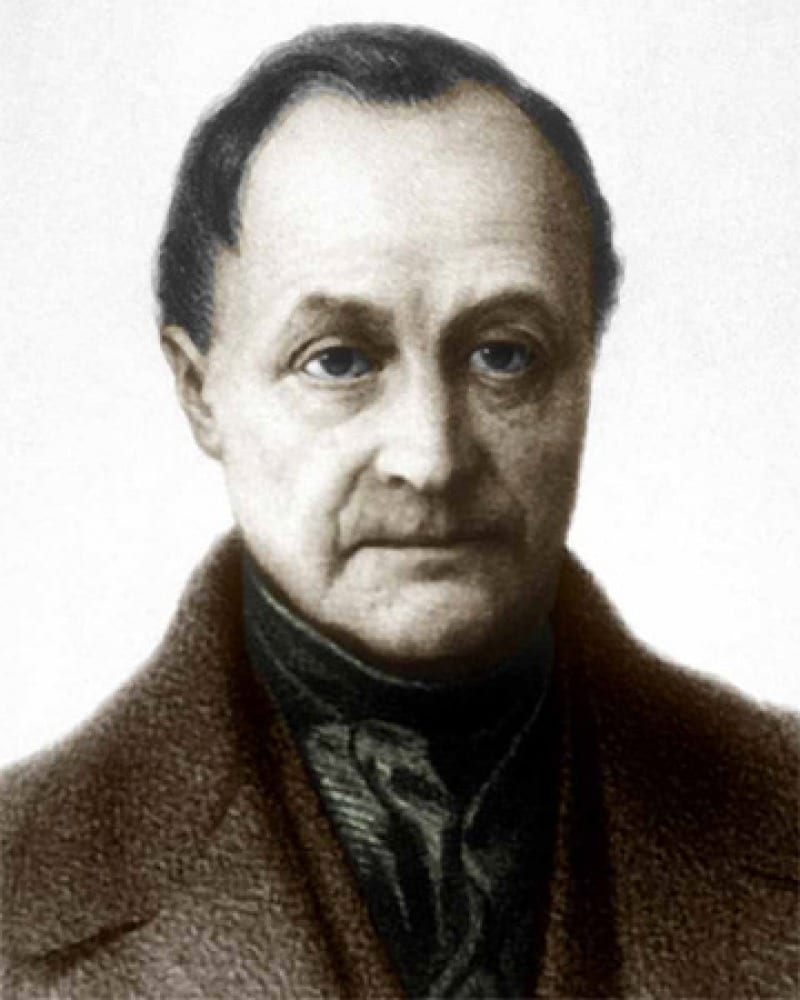 Some of you may have heard of the book by Edward Feser called “The Last Superstition”. If you have not read it, read it. It is definitely in my top 3 favorite books of all time.
Some of you may have heard of the book by Edward Feser called “The Last Superstition”. If you have not read it, read it. It is definitely in my top 3 favorite books of all time.
Why? I wish the book had been around earlier in my personal journey towards theism and Christianity because it provokes thoughts and analysis of our most unquestioned modern assumptions about the world around us. Optical illusions prove our senses can’t be trusted…All our knowledge originates with our senses so ultimately all our knowledge is scientific (in the modern sense)…
Before this book, Kant and Karl Popper and Kierkegaard were my best buddies (the K’s are a coincidence) and after the book…I am a through and through Aristotelian.
As a side point, the same seems to have happened to Anthony Flew, a man who spent the largest extent and most central aspect of his philosophical career advocating atheism. Later in life he read Aristotle with the guidance of the interpretation of other books and died a theist after writing this book: There is a God, another recommendation. In a small section of the book, one particular story made me think. He writes a story in which a satellite phone is discovered on an extremely remote island (which hearkens back to Dawkins’ chapter which includes cargo cults) on which the people had never had contact with modern civilization. After bringing it to the village “the natives play with the numbers on the dial pad and hear different voices upon hitting certain sequences. They assume that it is the device making these noises.” The cleverest natives on the island, the scientists, assemble and exact copy of the phone and try hitting the numbers again. They conclude that it is just the device which is making these noises, it is just a complex interaction of the matter (notice, it is not a phone, with a form) motion (efficient cause) of electrons and the buttons made of atoms etc. The conclusion is obvious, this phone is simply a particular combination of metals and crystals which produces what seems like human voices and this means that the voices are simply properties of the device. However the tribal sages have thought about this and realize that the voices must somehow be coming from people like them who are speaking a different language, and that the possibility should be investigated. The “scientists” say “Look, when we damage the instrument, the voices stop coming. So they’re obviously nothing more than sounds produced by a unique combination of lithium and printed circuit board and light-emitting diodes.” The key here is that the scientists are only seeing the material and efficient causes (crystals made of atoms, movement of electrons causing reverberation in speaker which makes the noise), while the sages are seeing the formal and final causes of the phone (it is a phone and its purpose is communication) as well as the other two. What is the significance of this story? It shows that not only is it a simple dogmatic stipulation, but it is also unwise to discount your common sense if you see purpose or form in objects. This stipulation is I believe why Feser titled his book the way he did.
I will leave it there for you to pick up on your own and return to The Last Superstition. Recently Dr. McInerny, a well known Thomist, provided a review of the book with very high regards for it.:
McInerny on TLS
D. Q. McInerny very kindly reviews my book The Last Superstition in the Fellowship of Catholic Scholars Quarterly. From the review:In his previous publications Professor Feser has shown himself to be a philosopher of the first rank, and in this work he has given us a document of singular importance. Of all the books written in response to “the new atheists” … this one has to be counted among the very best. There are three principal reasons why this is so. The first has to do with the style in which the book is written; it is direct, clear, forceful, and—no small matter—witty. Secondly, the arguments which carry the substance of the book are of the highest quality; they are tightly constructed, masterfully controlled, and compelling. Thirdly—and I take this to be the book’s strongest feature—there is the manner in which Professor Feser sets the phenomenon of the new atheism in a larger historical/philosophical context, and thereby gives it sharper identity and makes it more fully understandable. He shows that the new atheism, and the secularism of which it is a particular manifestation, did not come out of the blue, but that it has its roots in our philosophical past; to know that philosophical past is to have a firmer grip on the philosophical present.
If you want to learn more about the Catholic intellectual tradition and how it squares up (or doesn’t) against the modern approach to the world in secular humanism, pick it up today, digitally–it’s only $12. http://www.amazon.com/Last-Superstition-Refutation-New-Atheism/dp/1587314525/ref=sr_1_1?ie=UTF8&qid=1325964779&sr=8-1
If you would like a summary of sorts of the book, take a look below at this very compact lecture presentation of it, which is intended for philosophy students but still relevant:
